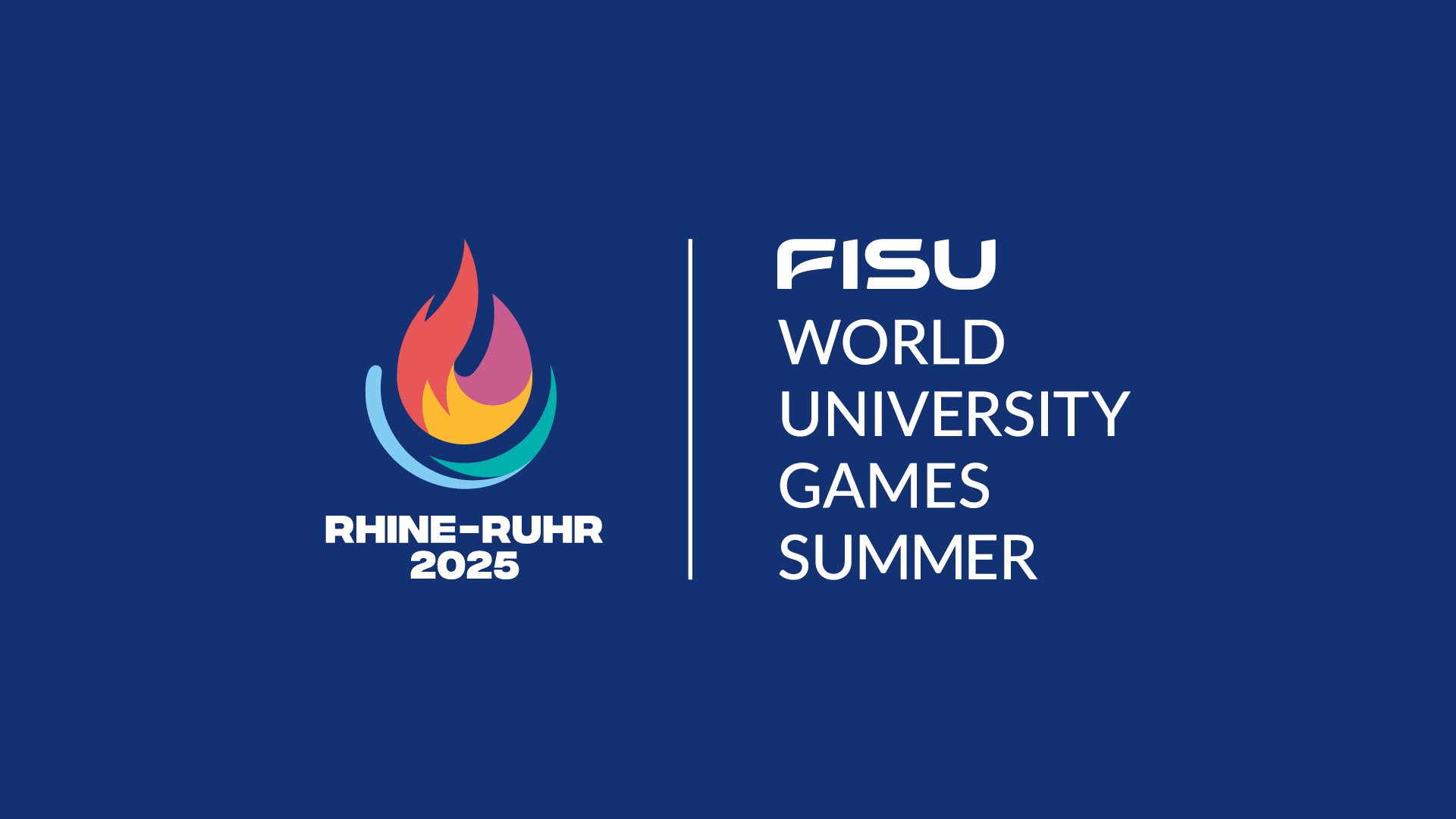The Rhine-Ruhr 2025 FISU World University Games are setting a new benchmark for sustainability and long-term impact in international university sports.
This vision was clearly outlined at a press event held at the Tieranatomisches Theater at Humboldt-Universität zu Berlin. Under the theme ‘Legacy and Sustainability,’ prominent figures from politics, sports, and academia gathered to discuss the lasting positive effects the Games will have on Germany, university sports, and society.
Scheduled to take place from July 16 to 27, 2025, across six cities—including Berlin—the Games will feature sports such as swimming, diving, and volleyball. Berlin, with its top-tier sports infrastructure, will host approximately 2,000 athletes competing for medals, making it an ideal setting for the sustainable and efficient organization of these events.
Germany is proving its capability to host sustainable and innovative major sporting events, according to State Secretary Juliane Seifert. “In recent years, we’ve successfully organized several large-scale sporting events under a unified strategy,” Seifert said.
“The Rhine-Ruhr 2025 FISU World University Games continue that path with a strong focus on social sustainability. This includes integrating sport, education, inclusion, and diversity, utilizing existing or temporary sports venues, and ensuring economic integrity—all while working to minimize our ecological footprint.”
Seifert emphasized that the Games’ ambitious sustainability goals demonstrate the organizers’ commitment to their responsibility. “We look forward to hosting the FISU World University Games in Germany and continue our mission to position ourselves as a leading and reliable organizer of major sporting events, especially with an eye on future Olympic bids.”
Christian Hochgrebe, State Secretary for the Interior of Berlin, echoed these sentiments, emphasizing the city’s capacity for hosting sustainable sporting events. “Berlin, as a sports metropolis, is well-equipped with top-notch facilities, which makes it ideal for organizing the Games at the highest level.
The cooperation surrounding the Rhine-Ruhr 2025 FISU World University Games will have a significant, far-reaching sustainability effect. We are leveraging our experience from major events like the UEFA EURO 2024, the 2023 Special Olympics World Games, and the Berlin Marathon, all of which incorporated successful sustainability strategies.”
Niklas Börger, CEO of the Rhine-Ruhr 2025 FISU World University Games Organizing Committee, stressed that sport is a key driver for sustainable development.
“Sport is not only about competition but also serves as a catalyst for sustainable growth. The Rhine-Ruhr 2025 Games are the perfect example of this philosophy. Our pre-Games framework sets new standards, and FISU will use it as a foundation for future events.”
Former swimmer and double Olympic champion, Britta Steffen, discussed the responsibility of major sporting events to contribute to sustainable societal development. “Sustainability should be deeply embedded in sport and social progress,” Steffen said. “Events like the Rhine-Ruhr 2025 have a responsibility to foster not only elite athletics but also long-lasting, inclusive structures in society. The FISU World University Games have always been an excellent fusion of top-level sport and academia.”
The Rhine-Ruhr 2025 FISU World University Games are set to send a strong message about the future of international university sports while contributing significantly to Germany’s national strategy for hosting major sporting events. By focusing on sustainable progress in sports, infrastructure, and society, the Games are paving the way for future events to follow suit.

